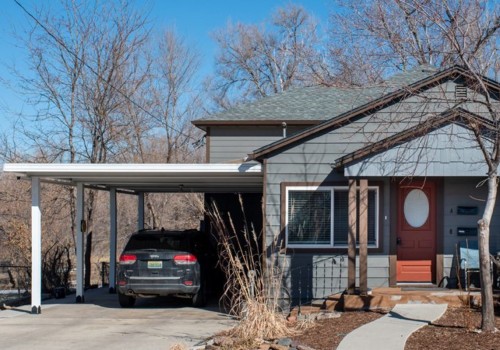Under Florida law, post-operative recovery homes are considered assisted living facilities if they offer lodging, meals, and one or more personal services for a period longer than 24 hours, meaning they must obtain a license and be inspected. Rubinstein, a Miami-Dade County plastic surgeon, said unlicensed homes offer a lot of services, but the danger is that none of them are regulated. Currently, social reintegration centers and homes for sober people are not regulated by the government, except in cases of patient intermediation, which is known as headhunting. Recovery homes and the services that homes provide are not monitored.
The Working Group on Sole Homes recommends that the Department of Children and Families (DCF) and the Health Care Management Agency (AHCA) monitor this change and all transitional homes. The AHCA monitors and certifies assisted living centers (ALFs) or adult family care homes (AFC). Some argue that, since many sober homes also monitor medications for clients, homes fall into the ALF category and should be controlled as such. While this makes sense, the issue becomes funding.
Social reintegration centers use free rent to attract customers to leave one home to enjoy better benefits in another. The Working Group on Sober Homes is studying the possibility of allowing a short-term rental program for recovering addicts seeking housing after completing a rehabilitation program. With the proper launch of the surgical recovery center, you will be able to officially inform the people of your city that your surgical recovery center is open to the public. The goals and objectives of the surgical recovery center are to provide short-term accommodation, such as vacation villas, apartments, cabins, condominiums, townhomes, etc., and concierge services to those who are recovering from surgery.
Florida is a hotbed of addiction recovery centers, with hundreds of centers and sober homes in Delray Beach alone. Surgical recovery centers make money by renting furnished apartments, houses, vacation villas, cottages, townhouses and resorts managed by professionals on a temporary basis and providing concierge services to patients who are recovering from surgeries. It also involves the regulation of these transition centers when intensive outpatient treatment or superior services are provided. Here are some of the basic legal documents that you are expected to have if you want to legally manage your own surgical recovery center in Florida;.
This would allow addicts to find housing while they recover and would help eliminate the need for questionable housing. However, recovering addicts are considered disabled under the Americans with Disabilities Act, and those with disabilities are protected from housing discrimination under the Fair Housing Act. While it agrees that the regulation of social reintegration centers should be implemented to ensure the safety of a vulnerable population, the DCF has no funding for such an undertaking. Concerned about the relapse rate, the Florida government created a working group on sober homes to shut down these practices and protect vulnerable victims from social reintegration centers and offers of free rent.
The amount that surgical recovery centers charge their customers depends on the type of center, the number of days the client wishes to stay and, of course, the additional concierge services provided. Yes, and zoning laws require recovery home operators to follow specific rules and regulations, including some that apply only to players in the vacation rental services industry. .






